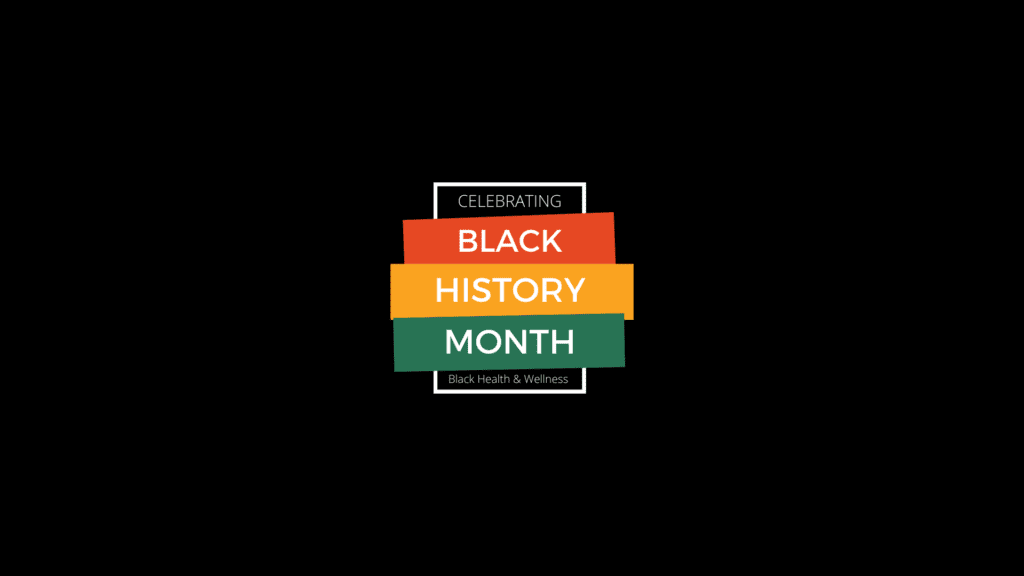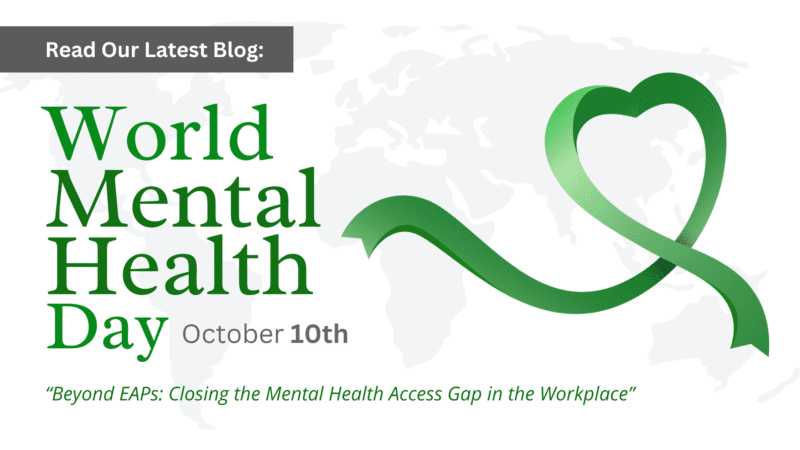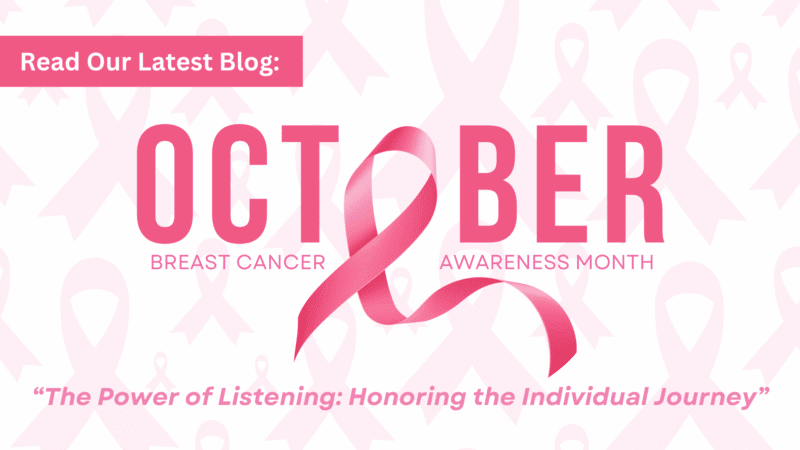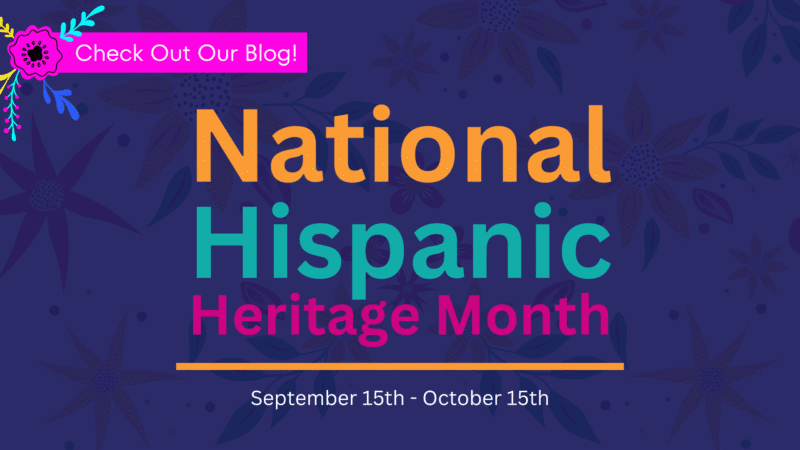
This February marks the 46th annual Black History Month. Black History Month is a celebration of the achievements and the important, yet still underrepresented contributions that Black Americans have added to American History. While February is calendared in as Black History Month, the discussions and appreciation for Black history and Black culture should extend throughout all 12 months.
History of Black History Month
The story of how Black History Month came to be recognized nationally started with Carter G. Woodson in 1915. Woodson, a historian with degrees from University of Chicago and Harvard University, grew frustrated with the portrayal, or lack of portrayal of Black Americans in history books, media, and even the highest levels of education. Knowing the true influence that Black people have had in the creation of the country, Woodson, along with colleague Jesse E. Moorland, founded the Association for the Study of Negro Life and History—now called the Study of African American Life and History (ASALH).
Over a decade later, Woodson and the ASALH proposed that the second week of February become Negro History Week. This week would coincide with the birthdates of American Abolitionist, Fredrick Douglas and President Abraham Lincoln.
Almost 50 years later, in 1976, we would see Negro History Week grow into becoming Black History Month with President Gerald Ford recognizing February as Black History Month. The recognition of Black History Month was part of President Ford’s goal in creating a more inclusive and accurate portrayal of United States history.
Since 1976, every sitting president has issued a national decree observing February as Black History Month.
Black History Month 2022 Theme – Black Health and Wellness:
Every year, Black History Month is given a theme to celebrate. For 2022, the theme for the month is Black Health and Wellness. The theme takes a focus on celebrating Black scholars and medical practitioners, but also how American healthcare, as a whole, has underserved the Black community for decades.
For years, one of the only ways for the Black community to ensure that they wouldn’t be discriminated against and given adequate treatment at medical facilities and clinics was to take ownership and build them. Medical and nursing schools such as Meharry Medical College and Howard University College of Medicine, along with clinics built by grassroots organizations such as the African Union Society, National Association of Colored Women, and the Black Panther Party provided spaces for Black people to feel comfortable and safe from the economic and health disparities found in their mainstream counterparts.
Thankfully, recent initiatives over the last several years have resulted in more diverse medical practitioners and representation throughout medical and healthcare fields. Although the increased representation has been a step in the right direction, Black Americans still find themselves underserved when it comes to healthcare.
- In 2017, 10.6 percent of Black Americans were uninsured compared to 5.9% of White Americans
- Only 8.7 percent of Black American adults reported receiving mental health services compared to 18.6 percent of White American adults.
- Black women are five times more likely to die giving birth than white women.
- Black Infant live birth deaths per 1000 are over twice that of the national average
Black History Month 2022 allows us to put a spotlight on the racial disparities in health coverage between Black Americans and the rest of the country. These disparities are part of ongoing systemic racial issues within the United States. Addressing systemic issues in the United States is going to take a concerted effort from everyone. Here are a list of organizations that support Black wellness and dismantling systemic racism in the healthcare industry.
The Okra Project: The Okra Project is an organization that aims to address the global crisis faced by Black trans people by bringing them home cooked, healthy meals to wherever they can be reached.
Black Women’s Health Imperative: The Black Women’s Health Imperative is the first nonprofit organization created specifically for Black women, by Black women in order to help protect and advance the health and wellness of Black women and girls throughout the country.
Black Emotional and Mental Health Collective: The Black Emotional and Mental Health Collective is a group of therapists, teachers, advocates, and more that work together to better the mental and emotional health of the Black community.
Therapy for Black Men: Therapy for Black Men is an organization that offers therapy resources, coaching, and information to Black men to help them work through trauma, stereotypes, mental stability, and other vital issues.
The Importance of Black History Month
While much progress has been made over the last century in terms of racial equality, we still find ourselves in a country that has yet to reform systems and structures that disadvantage Black Americans, underrepresent Black American’s contribution to the United States, misrepresent Black people in media, and more.
Racism is a social construct—a belief based on the superficial differences of color of skin. When these beliefs are propped up by large systems, we start to see racism that is systematically enforced. While these are issues that need to be addressed every day throughout the year until resolved, February is a key moment to highlight these issues and bring them to the forefront when they otherwise wouldn’t be.
Black History Month is not only a time to reflect on the important contributions of Black Americans, but also to understand how the history of Black Americans still affects entire communities to this day.




